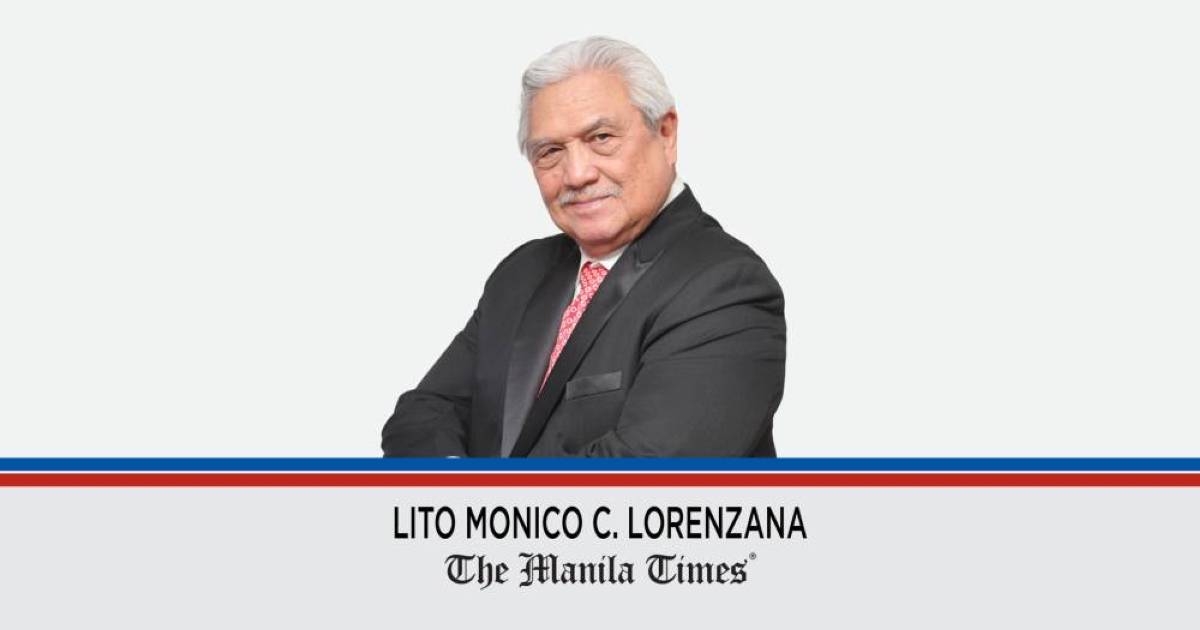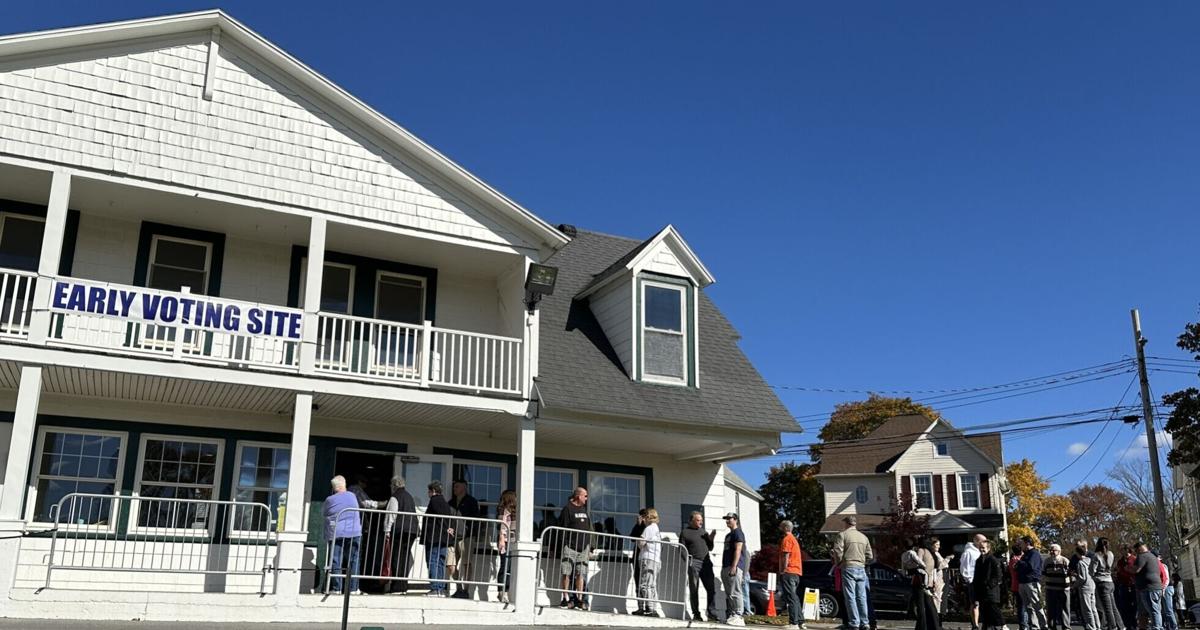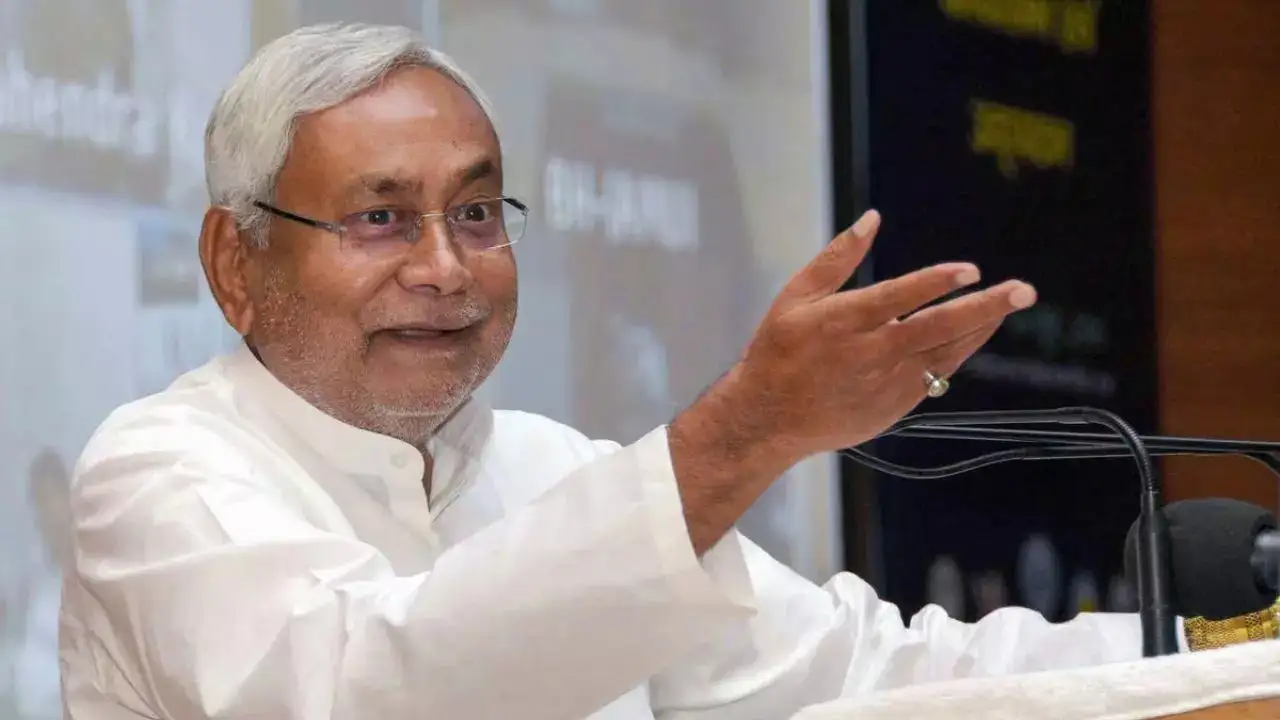Copyright manilatimes

Third of a seriesMY column last week drew varied reactions, but what was truly “nakakataba ng puso” was the overwhelming agreement from fellow Davaoeños with the article as satire. I told them, half in jest, that my prose sharpens when I am sufficiently enraged and when the stench of katiwalian becomes impossible to ignore. Rage these days is a form of clarity.I will keep these Davaoeños en pectore — except one: my wife, Sylvia. “Great article, Dad, perfectly written!!! But I hope Bong Go won’t get back at us. I’m scared...” she said. Sylvia is no shrinking violet; her fear is diagnosis, not drama.And perhaps that is the tragedy: fear has emerged as our collective inheritance. In a nation where corruptors hold power with impunity, even the courageous speak in lowered tones, waiting for the day safety is restored to the governed.If part two (last week) traced Bong Go’s metamorphosis from the Deegong’s aide to his avatar and eventual Svengali, this is the sequel: the anatomy of his defense against the accusations of his own Torquemada, former senator Antonio Trillanes IV, that relentless inquisitor of conscience. Here, denial is not merely an alibi but an art form performed with devotional precision — the most profitable skill in Philippine politics.But let us not mistake Sonny Trillanes for a hero. He is an opportunist who has mastered the art of harvesting tragedy from the missteps of Duterte and his minions. Yet, paradoxes abound in Philippine politics, and gratitude sometimes springs from unlikely places. For all his motives — pure or poisoned — we thank him for the dogged investigations, the meticulous gathering of documents, and the evidentiary trail now resting before the Ombudsman. One man’s revenge can, at times, become another man’s justice.For simplicity, I expound on Bong Go’s defense — in his most inarticulate language, his pedigree can allow him — not in the solemn language of law but in the idiom of our national pastime, the teleserye where emotion trumps evidence and judgment is rendered by sentiment.Act 1: The forensic fairy taleEvery scandal begins with a story, and Bong Go’s begins with lineage. “Our family’s construction business existed before I was born,” he declares, as if ancestry could absolve scrutiny. It’s a deft maneuver: convert an accusation into a legacy. But corruption is never hereditary; it is opportunistic, and CLTG’s rise parallels his path to Malacañang.From modest beginnings, the firm blossomed into a miracle of public works contracts, multiplying with proximity to power, and assets swelling in rhythm with Go’s political elevation. Coincidence? Yet fortune reliably blesses those closest to the throne.To devotees, it is diligence rewarded; to realists, déjà vu in the gospel of crony capitalism. Go’s true artistry resides not in deception but in narration, spinning fairy tales as liturgy, trusting that the public continues to yearn for redemption rather than responsibility.Act 2: The deflection doctrineWhen confronted with documents, Go often turns to expressions of loyalty rather than direct answers. Criticism is framed as persecution, turning oversight into sacrilege, critics into heretics. Evidence becomes an insult to truth. This approach has deep roots in our political history. Marcos’ père conceived it, Estrada polished it, and Duterte systematized it.When the argument is indefensible, the strategy shifts toward appealing to emotion rather than addressing the facts. In a public sphere long shaped by rhetoric, volume can overshadow documentation, and sentiment can eclipse substance. In such moments, serious allegations risk being reduced to personalities and theatrics, weakening the institutional rigor that a democracy requires.Act 3: The performance of propertyEvery public figure eventually offers a statement meant to convey integrity, and Go did so when he declared, “If my family is involved, I will be the first to recommend charges.” It projected a commitment to accountability though its impact lay more in the gesture than in any concrete action.Meanwhile, investigations languish in a bureaucratic quagmire; evidence gathers dust. Delay becomes the disinfectant of scandal. By the time inquiries conclude, memory has decayed, and Go’s performance remains embalmed as proof of purity untouched by consequence.Act 4: The ‘public servant, not a businessman’ pleaThen comes the sanctified denial. “I have not gained anything. My only investment is propriety.” Framed as a simple appeal to sincerity — our national currency — it reduces billions in contracts and oversight to a matter of personal integrity.In a society that often associates humility with honesty, such statements can carry significant weight, even when official records raise unresolved concerns. Go’s plea resonates partly because the public is weary after controversies from Pharmally to flood-control anomalies; many citizens seek reassurance more than confrontation. His message offers that relief: trust the individual, set aside the troubling details.Act 5: The politics of perceptionBy this point, the dynamics are clear. Go stands half-martyr, half-mirror, illustrating a political environment where truth often competes with perception for credibility. The Senate, once envisioned as a chamber of statesmen, now resembles a reality show for the self-righteous.In this theater, Go excels. The bowed head, the trembling voice, the moist eyes of patriotic fatigue, each gesture calibrated for broadcast. The camera loves his humility; the masses forgive his opacity. Behind the curtains, the machinery hums efficiently, awarding contracts, recycling cronies, and laundering loyalty into legitimacy.The tragedy is collective. Each time we applaud the performance of innocence, we deceive ourselves. Accountability becomes entertainment; sincerity becomes a commodity.Act 6: The moral epilogueAs theater, Bong Go’s defense is almost impressive, disciplined, rhythmic, and drenched in poignancy. But remove the spotlight, and it becomes a cautionary tale: how virtue, repeated, becomes camouflage; how loyalty, mistaken for leadership, deteriorates into a liability.He is the archetype of the Filipino functionary who ascends through devotion and survives through denial. His mantra, “Gusto ko lamang makatulong” transforms incompetence into compassion and mediocrity into mercy. Yet governance is not charity; help without understanding is harm with a halo. The republic deserves better than well-meaning aides promoted beyond their depth.Postscript: The reckoning of shadowsOmbudsman Remulla may soon resurrect the Pharmally scandal and trace its architecture back to Go — not as an aide but as “capo di tutti capi.” His “soldatis” — Christopher Lao, former health secretary Duque, and Michael Yang’s network — could again face scrutiny if they have not already fled the country. Beyond Pharmally stand over 200 anomalous flood-control projects: CLTG, Alfrego and the Discayas’ concrete tributes to loyalty disguised as public service.A reckoning, however delayed, appears unavoidable. The arena where Go once operated as Duterte’s trusted shadow may yet become his political graveyard. Unless he slips away or is likewise sequestered by the ICC as the purported paymaster of “crimes against humanity.” Herein lies an almost insurmountable quandary: remain and be indicted, or flee and be condemned for fleeing, or languish in The Hague with his avatar. Whichever way, history will collect its dues from those who mistake impunity for invincibility.And my wife will be scared no more!lito.lorenzana@cdpi.asia



